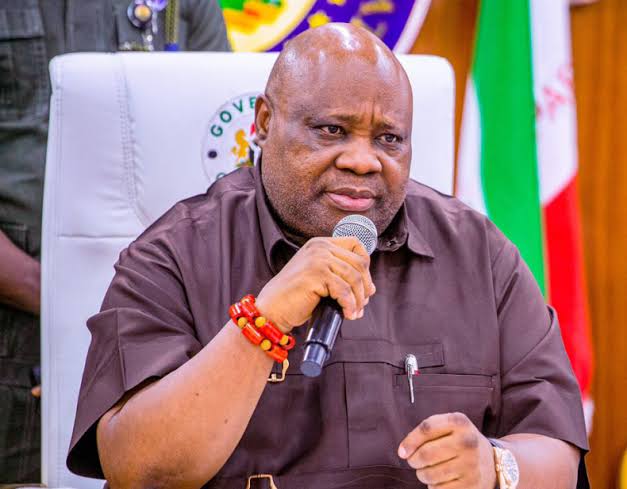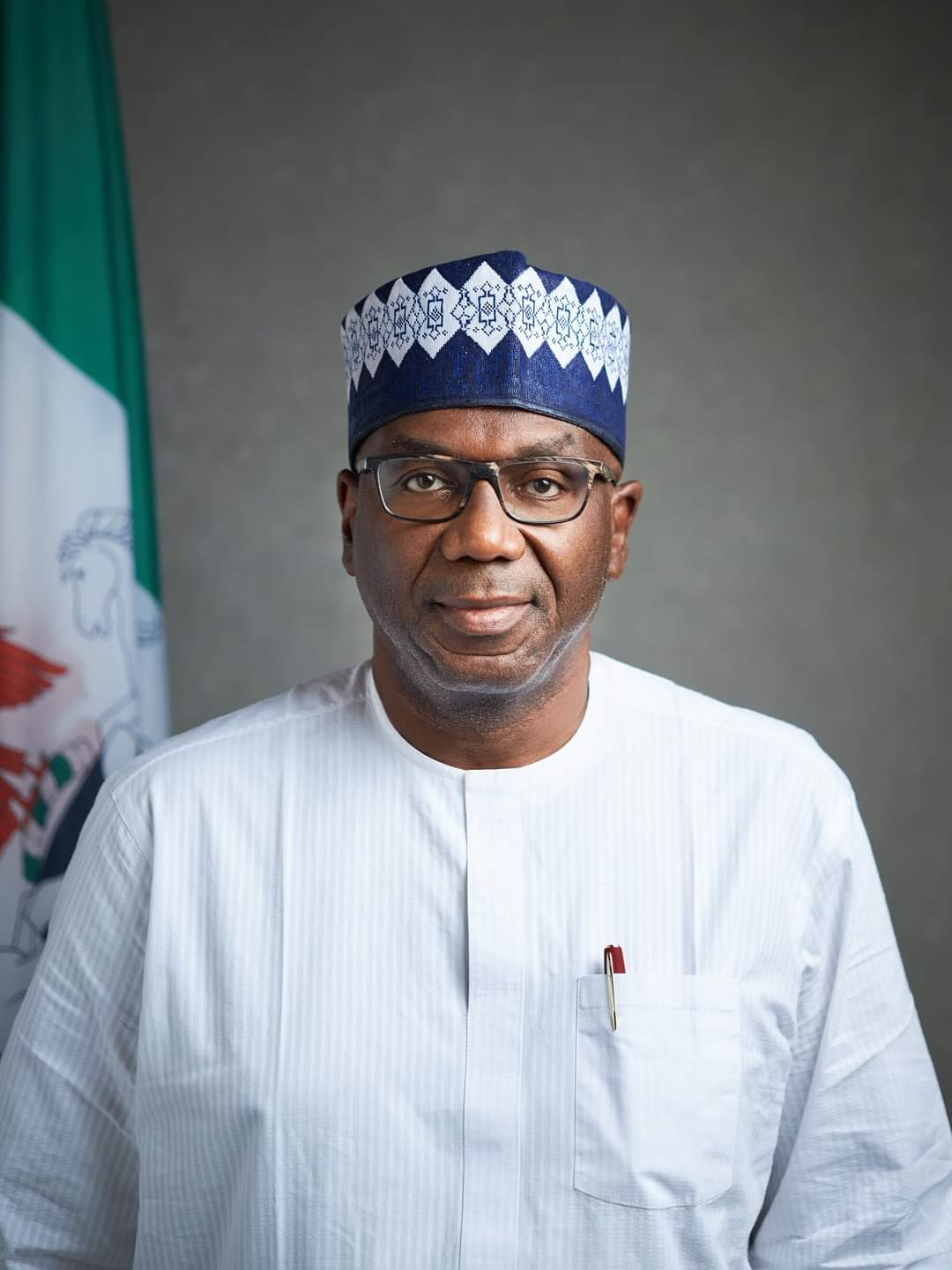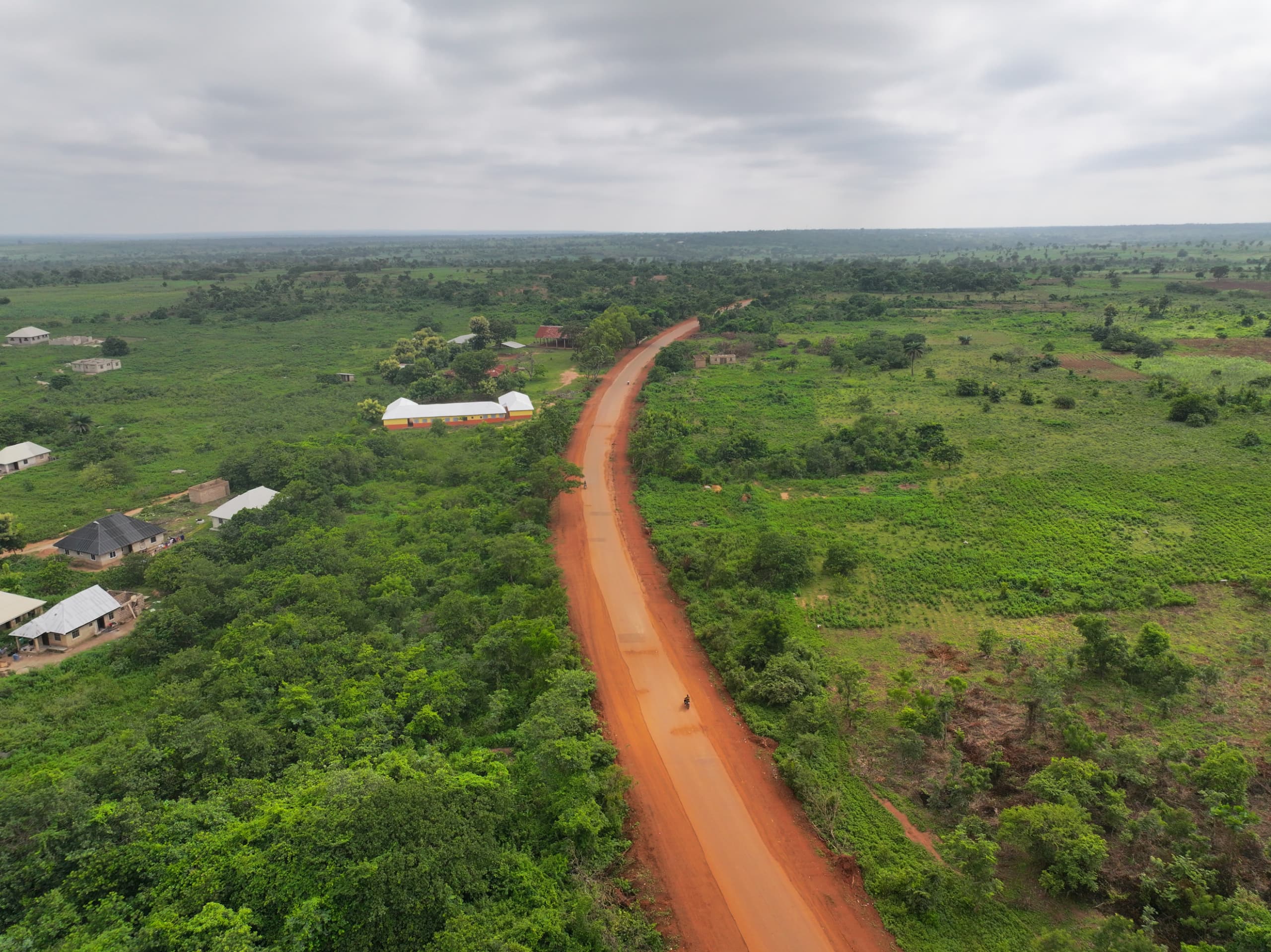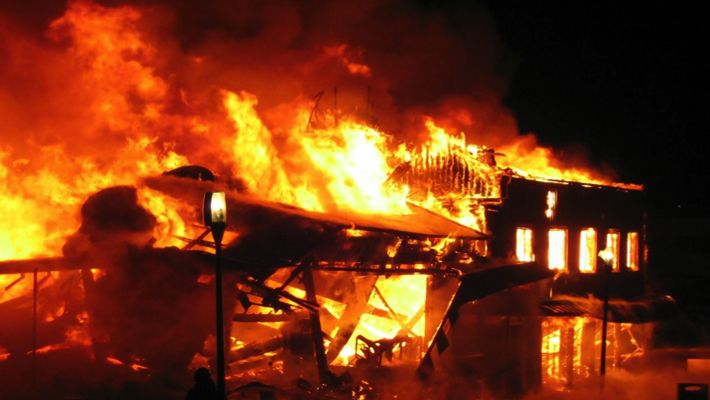As more candidates continue to indicate interest for the 2019 Oyo governorship elections, there has emerged lately, questions revolving which part of the state should occupy the Agodi seat of power. There are two major groups with distinct line of thoughts. While the first group argues in favour of the rotation of power between the three senatorial districts, the second group opined that such rotation should be between the five major regions of the state. It appears that since the introduction of zoning policy by the erstwhile ruling party, the People’s Democratic Party, citizens across the country have come to adopt it as the formula through which the fears of the minority in a heterogeneous society like ours, could be allayed.
The merit or otherwise of zoning itself is not a subject of debate. The big question is what pattern will the zoning take? Is it zoning across the major regions or senatorial districts? The answer to the posers are not far to seek in view of the unique and distinct nature of Oyo politics in South-Western Nigeria. Other five states of Ekiti, Ogun, Ondo, Osun and Lagos have adopted the zoning of governorship seat across the three senatorial districts of their respective states.
The governor of Lagos state, Akinwunmi Ambode is currently filling the slot of Lagos East, while former governor Babatunde Fashola occupied the Lagos Central slot. The same line is towed in Ondo state where the incumbent, Rotimi Akeredolu represents the Ondo North while former governor Olusegun Mimiko took the space of Ondo Central. Ibikunle Amosun of Ogun state hails from Ogun Central, while his predecessor, Otunba Gbenga Daniel was from Ogun East. Ekiti and Osun are not dissimilar. In spite of this common political trend in the same geo-political zone, Oyo state presents an exceptional case.
Granted the traditional history of towns and communities that constitute the present day Oyo state and their political gladiators, it is difficult if not impossible, to allow for zoning across the senatorial districts. The cultural identity still and largely remain with the people. It is worthy of note that the classification into five major regions of Ibadan, Oke-ogun, Ogbomoso, Oyo and Ibarapa was as a result of the unique communal identity of the people in the towns and villages making up those regions. Such an age-long identity cannot suddenly give way for power rotation across senatorial districts.
The recent call by Elder Jide Ajao under the aegis of Oyo State Reality Forum, for Oyo central to produce the next governor, is therefore doubtlessly lacking merit and of no consequential importance. The senatorial district comprises of eleven local governments carved out from Ibadan, Oyo town and Ogbomoso. In the event that an Ibadan aspirant from any of the following places; Akinyele, Egbeda, Lagelu, Oluyole and Ono Ara, becomes the next governor, the turn will again be counted in favour of Ibadan, not the district. The same political calculation is expected in favour of Ogbomoso, should the next governor hail from Surulere or Ogo Oluwa, to lend credence to the above assertion.
Conversely, there are more convincing reason to allow for power shift on the basis of region. Oke-ogun, the second region with highest voting strength after Ibadan, has never had the opportunity of producing the Number One citizen of the state, despite occupying more than fifty percent of the total landmass of Oyo state.
The political strength of the region played out in the 2015 governorship elections. The vote split between candidates and their political parties (Ladoja of Accord Party, Alao-Akala of the Peoples’ Democratic Party and Seyi Makinde of the Social Democratic Party) almost led to an electoral defeat for governor Ajimobi save for the massive votes, in favour of the All Progressives Congress, recorded in the 10 local government areas of Oke-ogun culminating in the re-election of the governor for a second term. It is in recognition of this fact that the governor announced his support for the region, to produce his successor.
So far, only two regions; Ibadan and Ogbomoso have had their share of the power rotation. It is only logical and accord with democratic tenets of equity, justice and fairness characterized in the Yoruba adage; “Eni kan onje kile fe” (No one consumes endlessly to deny others) to allow other regions occupy the Agodi government house. If the statement credited to the governor is anything to go by, Oke-ogun is ripe and better position now, to fill their slot.
Asojurere Idris Alao is a native of Ogbomoso in Oyo state.







